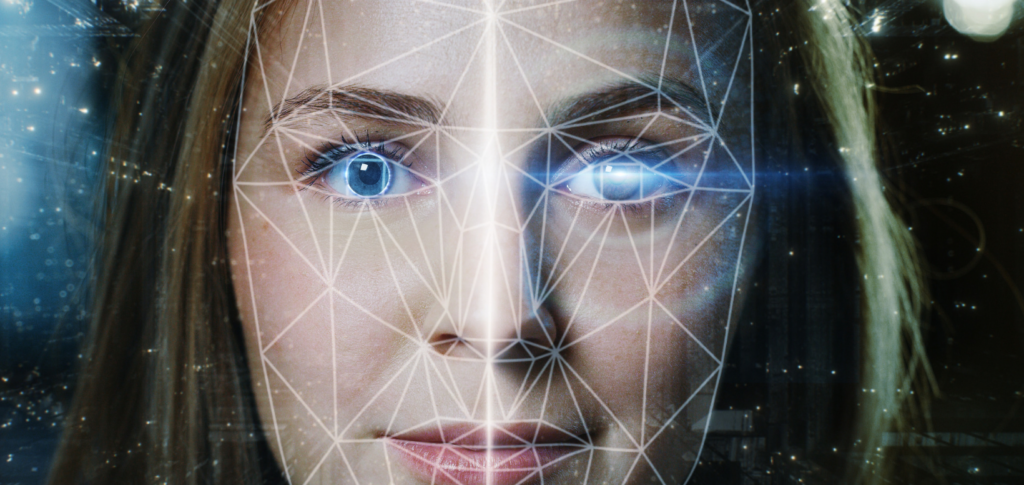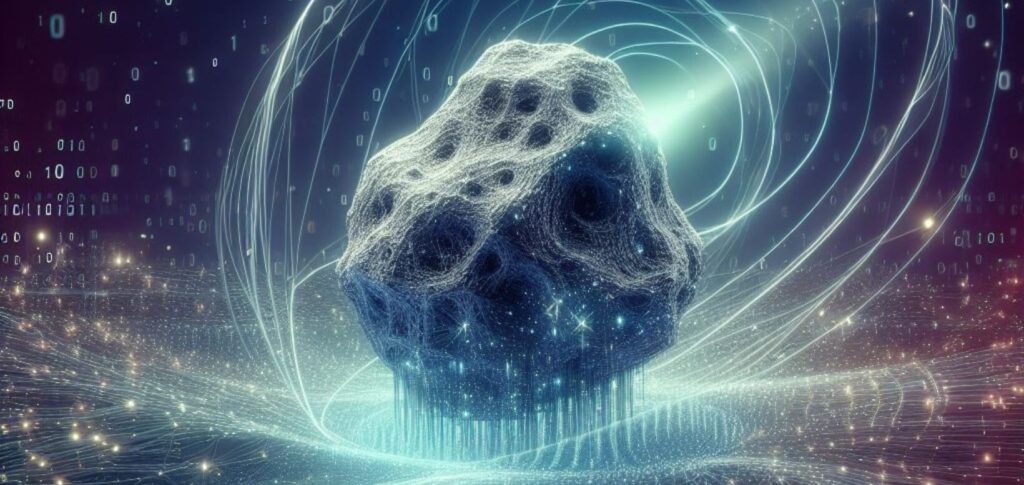In a study published by the magazine American Psychologist, researchers claim that the artificial intelligence (AI) can be used to predict a person's political orientation with a high degree of accuracy, simply by analyzing their neutral, expressionless face.
ADVERTISING
This revelation could raise serious concerns about the use of facial recognition in political and social contexts, and the ethical implications that accompany this technology. The information was published by Quartz.
Methodology and Results
To carry out the study, researchers from the Graduate School of Business at Stanford University, in the United States, recruited 591 participants who responded to a questiondetailed account of his political beliefs. Participants were then photographed with neutral expressions, and their faces were analyzed by an AI algorithm developed by the researchers. The algorithm, trained on a database of faces and their corresponding political orientations, was able to identify participants' political orientation with surprising accuracy, even when factors such as age, gender and ethnicity were controlled.
To create the database, the researchers studied the “differences between the average facial contours” of “more liberal and more conservative men and women” and integrated this research into their analyses. According to this analysis liberals and conservatives have markedly different facial morphologies. Liberals have “smaller lower faces” and “lips and noses [that] are displaced downward” and chins that “are smaller” than conservatives, the researchers write. The researchers repeat the key conclusion later: “liberals tended to have smaller faces.”
ADVERTISING
🇬🇧 Discover and subscribe to AI News, the best newsletter about AI (in English 🇬🇧) (I.e. Discover and subscribe to Curto Newsletter IA, the best newsletter about AI (in Portuguese 🇧🇷)
The researchers justify this assessment by pointing to the ways in which social expectations regarding physical appearance can influence personality development:
...facial appearance can shape psychological traits…People largely agree when judging political orientation from faces (Todorov et al., 2015). Regardless of whether such judgments are accurate, the self-fulfilling prophecy effect (Merton, 1936) posits that people perceived to have a specific attribute are treated accordingly; internalize such attributions; and, over time, they may engage in behaviors consistent with the perceptions of others (Slepian & Ames, 2016). For example, people with larger jaws, often perceived as more socially dominant (a trait associated with political conservatism), may over time become even more dominant.
The researchers suggest that the correlation between facial features and political orientation may be explained by a combination of factors. First, social expectations regarding physical appearance can influence personality development, leading to subtle differences in facial morphology between different political groups. Second, facial features themselves can influence how people are perceived and treated in society, which can, in turn, shape their political beliefs and behaviors.
ADVERTISING
Privacy and democracy
AI's potential ability to predict a person's political orientation based on their face has significant implications for privacy, free speech, and democracy. This technology could be used to discriminate against individuals based on their political beliefs, restrict access to information, and silence dissent.
But beware:
- It is important to highlight that the Stanford University study is based on a statistical correlation between facial features and political orientation, and not on a causal relationship. In other words, the study does not demonstrate that facial characteristics determine a person's political orientation, but rather that there is an association between these two factors.
- The accuracy of the AI algorithm used in the study still needs to be validated in other studies with larger and more diverse samples.
- The use of facial recognition for political purposes raises complex ethical questions that need to be debated and analyzed in depth.
- It is necessary to establish clear guidelines and regulations for the use of facial recognition in political and social contexts, with a focus on protecting privacy, freedom of expression and democratic values.
- Civil society, the private sector and governments must work together to ensure that AI is developed and used responsibly and ethically.
- It is essential to promote education about the risks and benefits of AI, and encourage public debate about the use of this technology.
Read also
* The text of this article was partially generated by artificial intelligence tools, state-of-the-art language models that assist in the preparation, review, translation and summarization of texts. Text entries were created by the Curto News and responses from AI tools were used to improve the final content.
It is important to highlight that AI tools are just tools, and the final responsibility for the published content lies with the Curto News. By using these tools responsibly and ethically, our objective is to expand communication possibilities and democratize access to quality information. 🤖
Looking for an Artificial Intelligence tool to make your life easier? In this guide, you browse a catalog of AI-powered robots and learn about their functionalities. Check out the evaluation that our team of journalists gave them!
ADVERTISING





